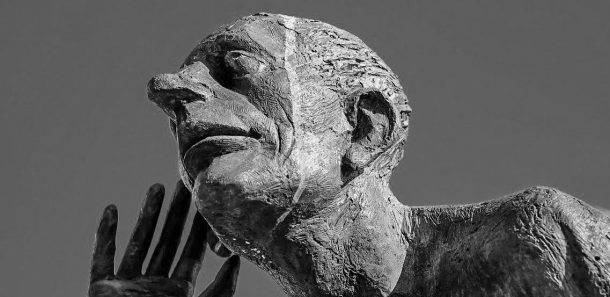
From the Couch to the Coach
In the world of coaching, success is often measured by a coachee feeling more confident and by displaying higher levels of performance by the end of a coaching programme. But beneath every strategic decision, leadership challenge, or career transition lies a more complex human story—one shaped by emotions, unconscious biases, and deep-seated patterns of thinking.
This is where psychotherapeutic training gives coaches a distinct edge. It allows us to see beyond surface-level manifestations of behaviours and into the hidden dynamics that truly drive leadership success. It enables us to work with not just what leaders do, but with who they are.
Coaching the Whole Person
Traditionally, coaching focused on goal setting, accountability, and performance improvement. That’s the well-known GROW model in action, and there’s nothing wrong with that. But any seasoned coach knows that “head” strategies alone rarely create lasting change. Coaching clients may want to be more assertive, resilient, or emotionally intelligent, but something inside often holds them back.
This is where a psychotherapeutic perspective is invaluable. It helps coaches explore the deeper why behind a person’s actions. A manager struggling with delegation may not just have a workload problem—it could be an unconscious fear of losing control, shaped by past experiences. A high-potential person who shies away from visibility may not just lack confidence—it might be a protective mechanism developed in response to childhood criticism.
At Sixth Sense, by integrating psychological insight with coaching tools, we help clients not only change their behaviour but understand and own their transformation.
The Power of the Unconscious
Coaching often stays in the realm of conscious thought—helping clients set goals, identify obstacles, and develop strategies. But real change doesn’t just happen at the conscious level.
Freud famously described the mind as an iceberg: the small visible part (conscious thought) sits on top of a vast, unseen mass (the unconscious). Coachees operate from this same iceberg. Their decisions, relationships, and stress responses are influenced by forces they may not even be aware of—past experiences, unconscious beliefs, emotional triggers, and life scripts they have written for themselves.
Psychotherapeutic training equips coaches to notice these deeper influences. When a coachee keeps repeating unhelpful patterns—procrastination, people-pleasing, conflict avoidance—it’s often not about lack of knowledge or willpower. Something deeper is at play. A coach with psychological insight can gently surface these patterns, helping clients understand and reframe them, rather than simply pushing through resistance to get something done.
The Coach as a Mirror
A common misconception is that bringing psychology into coaching turns it into therapy. We don’t think that assertion is at all helpful. Anyway, the goal of coaching isn’t to fix anyone—it’s to facilitate their self-awareness and growth.
Psychotherapeutic training helps coaches develop the ability to hold space—to listen deeply, to tolerate silence, to reflect rather than rush to solution mode. It teaches us how to notice what’s unsaid as much as what is spoken, and how to ask the kinds of questions that open doors rather than just explore simple solutions.
For example, rather than just helping a someone manage stress by developing better time management skills, a psychologically informed coach might explore why the person is constantly overloading their schedule. Is it a drive for perfectionism? Is it a fear of disappointing others? Is their deeper identity tied to productivity? Is it a fundamental display of a neurodiversity like ADHD? Addressing these core issues creates transformation, not just short-term fixes.
Bringing Depth to Coaching
Existing in organisations is ultimately a human endeavour and when we lead and manage people, it’s a contact sport. The best managers and leaders aren’t just clever, skilled strategists; they are self-aware, emotionally intelligent, and able to navigate complexity with resilience. Coaching that integrates psychological depth doesn’t just make people more effective—it makes them more whole.
We aren’t arguing that that all coaches need to become therapists, although both directors and many of our team in Sixth Sense are. But understanding human psychology allows us to work at a level that creates lasting impact. Instead of simply asking, what do you need to do differently?, we ask, who do you need to become?
The best leaders—and the best coaches—are those willing to look beneath the surface. From the couch to the coach, it’s not just about changing behaviour. It’s about transformation. And transformation starts from within!

Start The Discussion